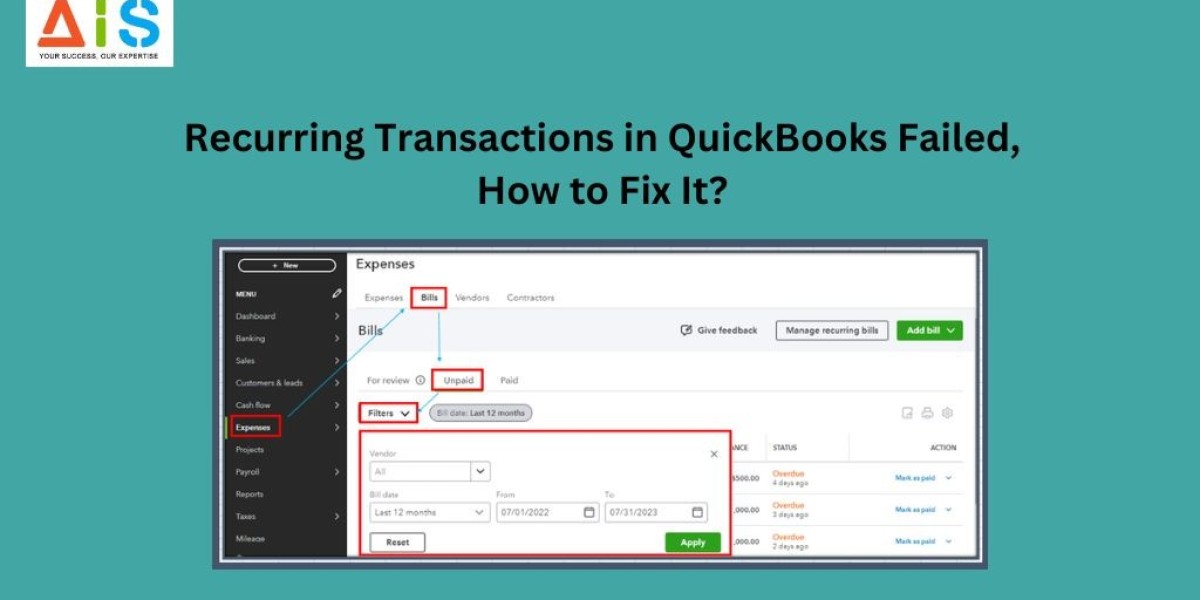In today's fast-paced and demanding work environment, the mental health of employees is more important than ever. Employee Assistance Programs (EAP) play a crucial role in promoting mental health awareness and providing support to employees who may be struggling with mental health issues. In this article, we will explore the benefits of EAP programs and how they can positively impact the overall well-being of a workforce.
What is an EAP Program?
Employee Assistance Program, commonly referred to as EAPs, are employer-sponsored programs designed to assist employees in managing personal problems that may impact their work performance, health, and well-being. These programs typically offer a range of services, including counseling, referrals to mental health professionals, financial and legal assistance, and crisis intervention. EAPs are confidential and can be accessed by employees and their immediate family members.
How Do EAP Programs Promote Mental Health Awareness?
EAP program play a vital role in promoting mental health awareness in the workplace by providing education and resources to employees. Employers often organize workshops, seminars, and training sessions to raise awareness about common mental health issues such as stress, anxiety, and depression. By increasing awareness, employees are more likely to recognize when they are experiencing mental health challenges and seek help early on.
What are the Benefits of EAP Programs?
- Confidential Support: One of the primary benefits of EAP programs is the confidential support they provide to employees. By offering a safe and non-judgmental space for employees to discuss their problems, EAPs can help individuals feel supported and empowered to seek help.
- Early Intervention: EAP programs can help identify mental health concerns early on and provide timely intervention and support. Early intervention is crucial in preventing more severe mental health issues from developing.
- Improved Productivity: By supporting employees in managing their mental health, EAP programs can help improve overall employee well-being and productivity. When employees are mentally healthy, they are more engaged, motivated, and focused at work.
- Reduced Stigma: EAP programs help reduce the stigma surrounding mental health by promoting open discussions and providing resources for support. When employees feel comfortable discussing their mental health, they are more likely to seek help when needed.
Conclusion
Employee Assistance Programs play a vital role in promoting mental health awareness in the workplace and providing support to employees who may be struggling with mental health issues. By offering confidential support, early intervention, and resources for mental health education, EAP programs can make a positive impact on the overall well-being of a workforce. Employers who prioritize mental health and invest in EAP programs are not only supporting their employees but also creating a healthier and more productive work environment.
With the increasing recognition of the importance of mental health in the workplace, EAP programs are becoming an essential resource for organizations looking to support their employees' well-being. By proactively promoting mental health awareness and providing support through EAP programs, employers can create a more positive and supportive work environment for their employees.



